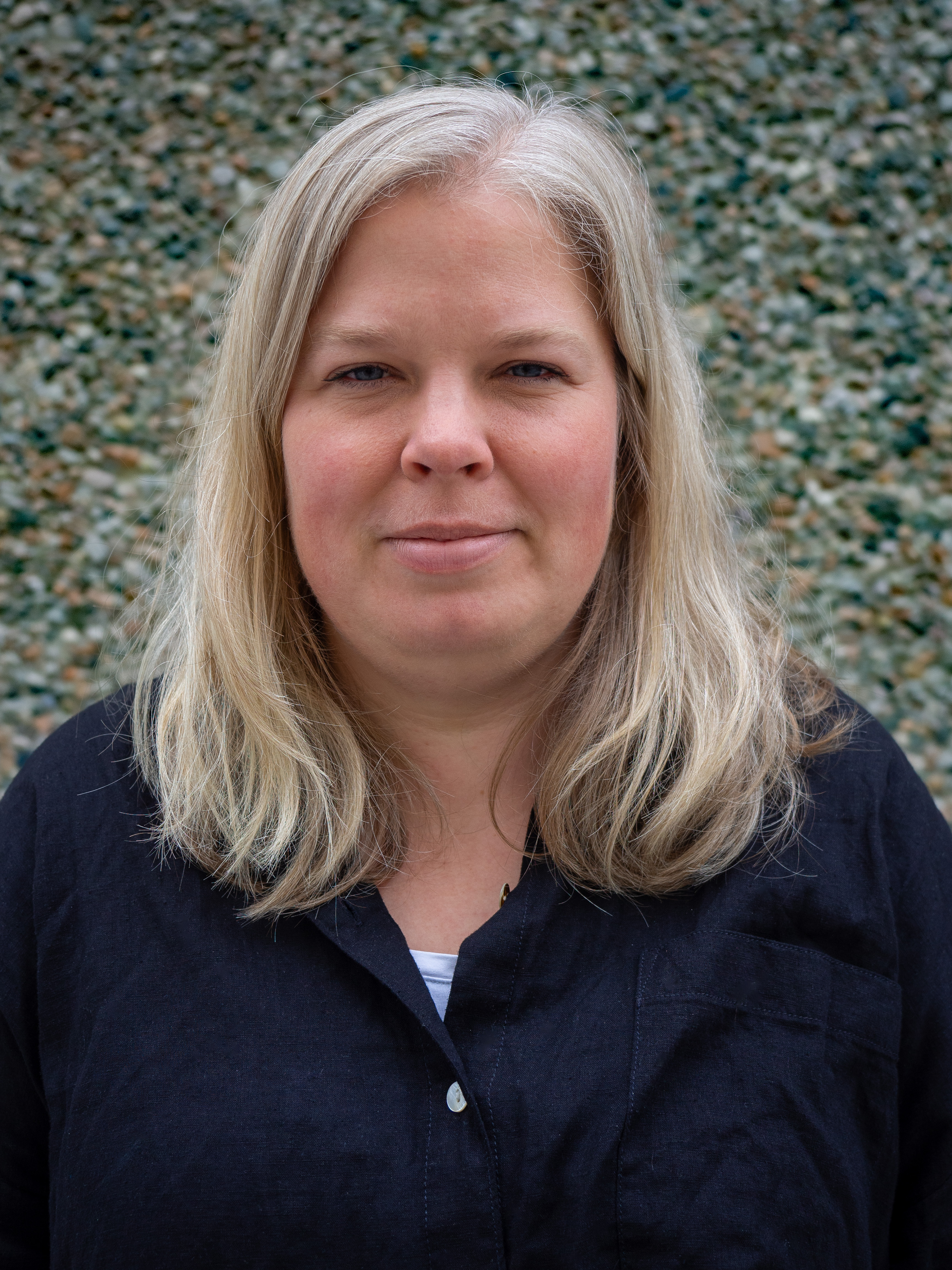
We, as criminologists, need to be where things happen. Today, social interaction is increasingly taking place on digital platforms. Interacting digitally – at a distance – can be a great benefit when researching sensitive topics or hard-to-reach populations. Engaging in digital methods, it being interviews, ethnography or other, opens for direct contact with a wider selection of people and for communication in a natural space of social activities. One example is to use text-based phone applications to do qualitative interviews.
Face-to-face interviews have long been the gold standard. Text-based interviews are barely mentioned in most classic books for qualitative methods, except in negative terms for lacking non-verbal language, being time-consuming, not producing rich data, and lacking good rapport, among other things. Experiences from the NSfK-financed project “Nordic drug dealing on social media” (NDDSM) proved different (Bakken, 2022; Demant et al., 2019).
In NDDSM, we interviewed drug market participants across the Nordic countries about their social media activity related to illegal drugs. We recruited participants based on an initial online ethnography identifying where and how the drug dealing was taking place. First contact happened either directly through private messages on social media platforms or the encrypted messaging app Wickr, or through discussion forums. 98 out of 106 interviewees preferred being interviewed on Wickr instead of over the phone or face-to-face.
For criminologists, it is particularly useful that digital interviews provide anonymity and distance to the interviewee. Wickr provided a distance to the interviewees that made both the interviewees and the interviewers feel safe, both personally and related to the limited personal identifying information revealed through textual conversations.
Conversing through text was experienced by the researchers as a natural way of communicating that demanded similar social skills to face-to-face interviews. Overall, app-interviews enhanced informality and flexibility within the conversation and reduced the interview effect. Wickr was a familiar space the participants trusted for anonymous, sensitive conversations, and they openly explained their illegal activities. Conversing through an app meant that the interview could start immediately and did not require any travelling.
However, app-based textual interviews also contain challenges that needs to be discussed. For example, some interviews ended up being too flexible, lasting up to two months. This led to a need for boundaries of when and how to conduct the interviews, which protected the researchers’ private lives as well as limited the risk of the interviewee experiencing the interview more as an informal conversation. Another challenge was the symbiosis of online and offline events on both the interviewer and the interviewee’s sides.
In comparison to 2017-2018, when NDDSM was conducted, a massive challenge today is the trend in public institutions to reject the use of commercial platforms for any form of interaction, especially on sensitive topics and qualitatively, without any closer discussions of public needs or viable alternatives.
No matter the challenges, meeting the interviewees where they feel comfortable and safe is important. So is reaching out to larger audiences for recruitment. Criminologists’ use of methods, and discussions thereof, should therefore reflect the massive growth in communication technology.
References
Bakken, S. A. (2022). App-based textual interviews: interacting with younger generations in a digitalized social reality. International Journal of Social Research Methodology, 1-14.
Demant, J., Bakken, S. A., Oksanen, A., & Gunnlaugsson, H. (2019). Drug dealing on Facebook, Snapchat and Instagram: A qualitative analysis of novel drug markets in the Nordic countries. Drug and alcohol review, 38(4), 377-385.
About the author

Silje Anderdal Bakken is a postdoctoral researcher at the Department of Criminology and Sociology of Law, University of Oslo. Her postdoc is part of the ERC funded project “Digital DNA” and focuses on the role of digitalization and consumerization on DNA as forensic evidence. She holds a PhD in Sociology from the University of Copenhagen on the impact of digitalization on trust, risk, and capital in illegal drug markets.
